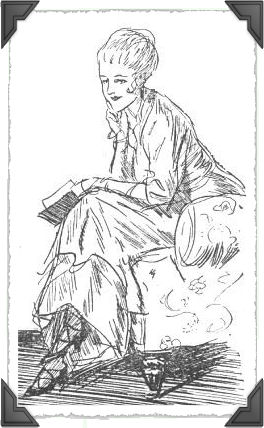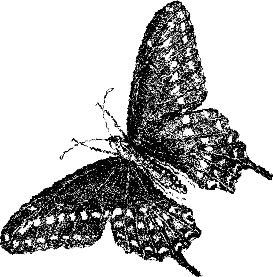With the opportunity to help prepare and serve the St. Patrick's Day fundraiser dinner at my parish this year, I learned two things.
The first, by experience: You spend the broad middle of the day sitting around, waiting for the food to cook! Talk about slow food...
The second, courtesy of Wikipedia: The “corn” in “corned beef” comes from the word's British meaning of “grain” — in this case, as in: “a grain of salt” — and thus, salt-cured beef! Additionally, the Irish tradition was bacon and cabbage; bacon became beef among nineteenth-century Irish immigrants in New York.
“It will come as a surprise to many that our external environment affects us through our genes, by modulating their activity. ... [E]nvironmental influences on our genes are mediated by changes in the cells in which our genes reside. Different kinds of cells respond differently to the same environmental factor, whether it is social stress or food deprivation in the womb. As such, and despite the fact that all of the cells in our body have the same genes, any environmental effect in you is cell type-specific. ... Therefore, in determining any environmental influence on gene action, scientists look at specific cell populations, such as neurons in a particular part of the brain, liver cells, pancreatic cells, and such.”
— Richard C. Francis,
Epigenetics: The Ultimate Mystery of Inheritance (2011)

- Reading:
At Day's Close: Night in Times Past by A. Roger Ekrirch - Watching:
Grimm on NBC - Playing:
PathWords by ThinkFun - Growing:
Radishes and Forget-Me-Nots and Squash





